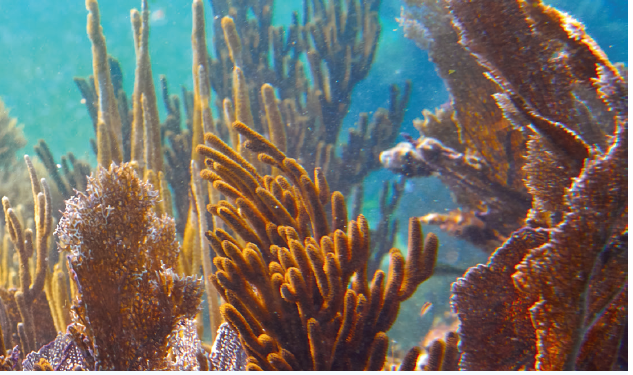PROTECTING THE CORAL REEFS
A tour company is paying the state of Hawaii nearly $400000 for damaging 1200 coral colonies when its boat sank. The boat sank at a popular diving spot and a valuable reef and damaged it. Another tour company will also be paying the state because they illegally dropped an anchor on Maui reef. Crystal Seahorse, which is another tour company, will be paying $7,300 for illegally entering a natural reserve area and breaking 11 coral specimens there.
The state began issuing fines in 2007. They just realised that tour companies damage the natural habitat and life. To protect Hawaii’s environment and tourism they decided to make people pay very high fines hoping that they can stop them. Coral reefs provide habitats for fish and help protect shoreline areas during storms. Reefs also support snorkelling and scuba diving industry. Experts say coral reefs in the marine monument are in good shape but those near the main Hawaiian island population centres are under threat.
“People are going to have to be more careful out here, because if the corals keep getting damaged, we’re going to lose them,” said one official. “We have to take some very strong action or it’s going to be too late.”
Not all corals die as a result of human activity; some are just weakened because of rising ocean temperatures, increasing levels of carbon dioxide, and other effects of climate change.
“It’s the same as if when a disease hits people. The weaker ones will suffer the high mortality,” said an official from the Hawaii Institute of Marine Biology.
Now Florida, which has 2 percent of the corals in the U.S. is taking action to protect its reefs, too. In July 2009, the state government passed the Coral Reef Protection Act. The law allows Florida officials to fine people who damage corals up to $250,000.
The fees for damaging corals are high but the cost to the injured coral reefs, and the fish they support, is higher. Authorities say that the fees may be the only way to get people to think about how their actions affect corals.
“Unless you hit people in the pocketbook, I don’t think it’s going to matter much,” said an official.

